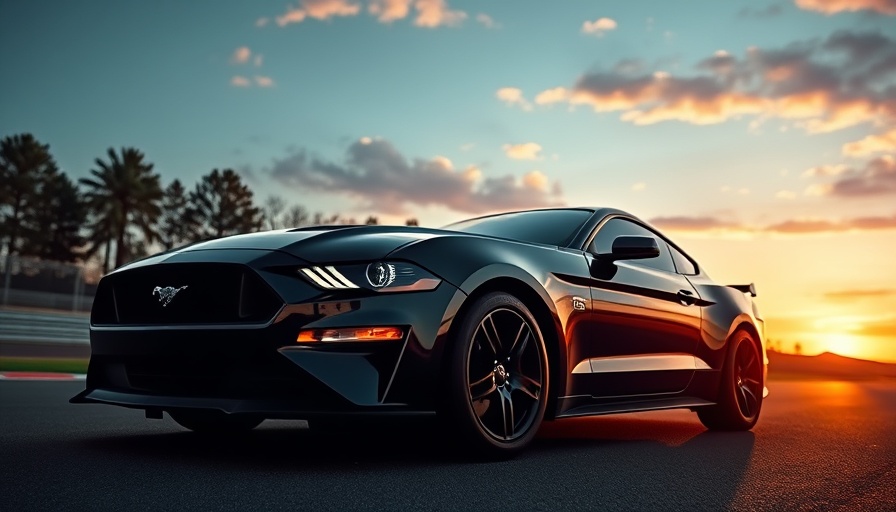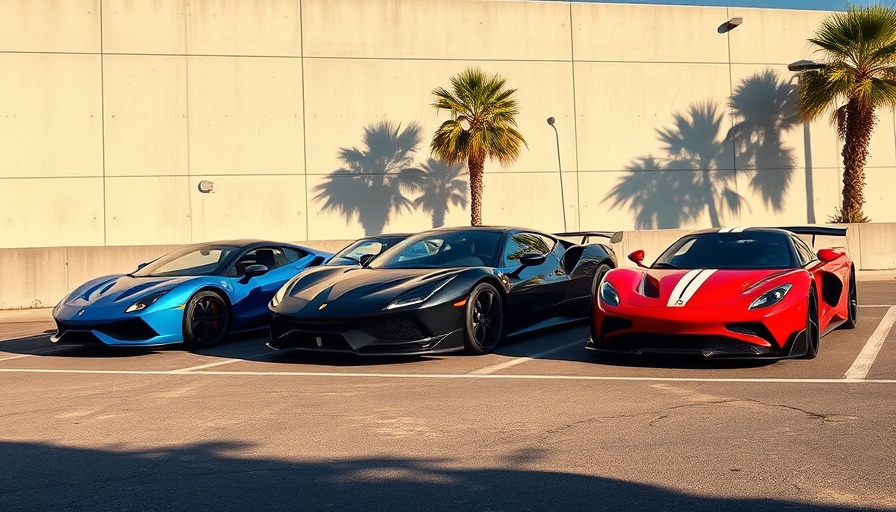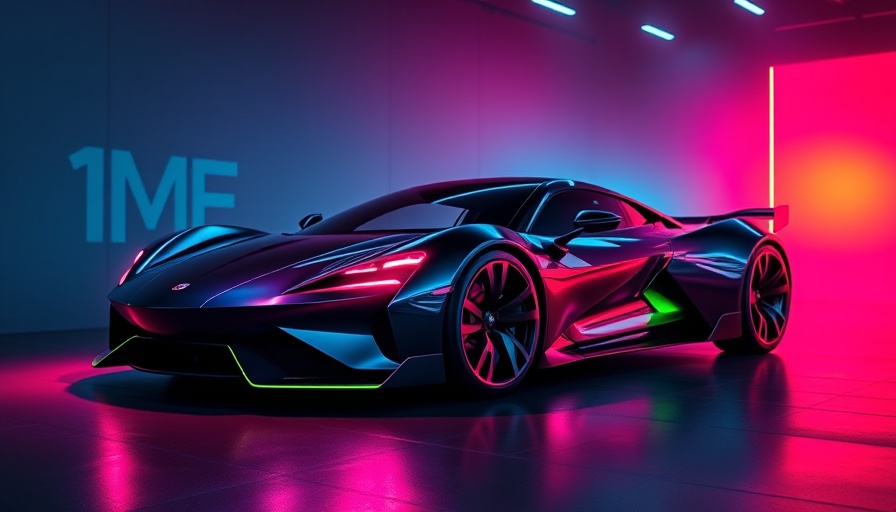
Introducing the Ford Mustang GTD Liquid Carbon: A Game Changer in Automotive Innovation
In a bold move that underscores its commitment to performance and innovation, Ford has unveiled the Mustang GTD Liquid Carbon, a high-performance vehicle that ditches traditional paint for an entirely exposed carbon-fiber body. This new model embodies the spirit of radical automotive design and engineering, emphasizing both aesthetics and functionality.
Exceptional Weight Savings for Enhanced Performance
One of the standout features of the Liquid Carbon is its impressive weight reduction; the vehicle is around 13 pounds lighter than the existing GTD Carbon Series with the Performance pack. This reduction is achieved not just by omitting paint but also by utilizing bonded carbon-fiber for the doors. In the competitive world of automotive performance, where every ounce matters, these engineering choices provide significant advantages on the racetrack.
Visual and Technical Mastery: The Carbon Weave
The craftsmanship involved in the Liquid Carbon is notable, showcasing an impeccable weave of carbon fiber that runs consistently throughout the vehicle. From the midline to the hood, roof, wing, and rear duck, the cohesive pattern is a testament to Ford's attention to detail and dedication to high-caliber finishes.
Performance Features that Resonate
Equipped with a supercharged 5.2-liter V-8 engine, the Mustang GTD Liquid Carbon produces a staggering 815 horsepower and 664 pound-feet of torque. Coupled with a semi-active rear inboard pushrod suspension and 20-inch magnesium wheels, the vehicle promises an exhilarating driving experience combined with superior handling and performance.
Inside the Mustang: Luxury Meets Functionality
The interior of the Liquid Carbon does not disappoint. A blend of black leather and Dinamica microfiber suede creates a luxurious atmosphere, while Hyper Lime stitching adds a vibrant contrast that appeals to enthusiasts. This balance of comfort and performance-centric design further cements the Mustang GTD's status as a high-end automotive option.
The Price of Performance: Is It Worth It?
Set to deliver the first Liquid Carbon Mustang GTD this October, Ford positions this model to be a more upscale variant, likely exceeding its base price of $327,000. For serious collectors and performance aficionados within the automotive market, this new offering showcases how manufacturers can merge cutting-edge technology with timeless design.
In a rapidly evolving automotive industry, where advancements in materials and engineering define the future, the Mustang GTD Liquid Carbon stands as a bold statement. Enthusiasts and dealers alike should keep a close watch on this impressive vehicle as it represents the pinnacle of what modern engineering can achieve.
 Add Row
Add Row  Add
Add 




Write A Comment